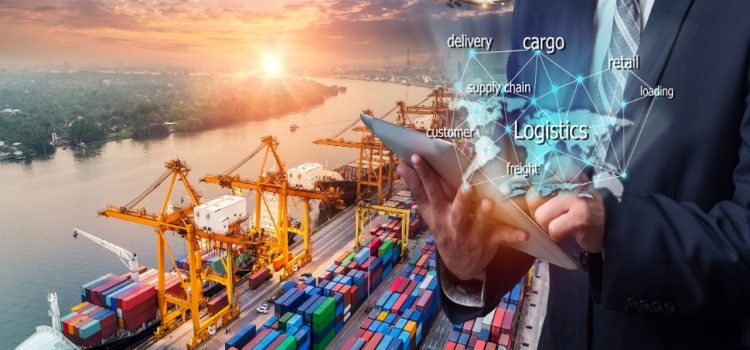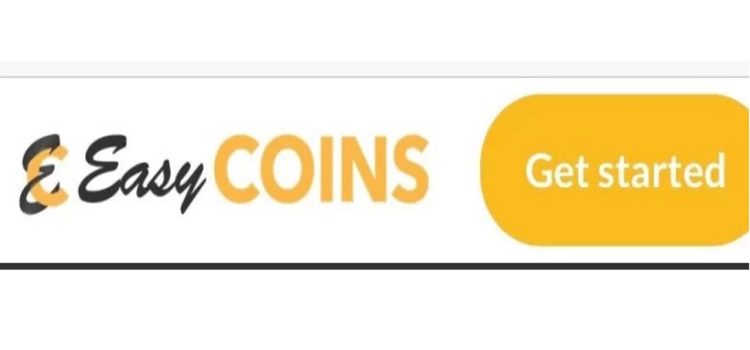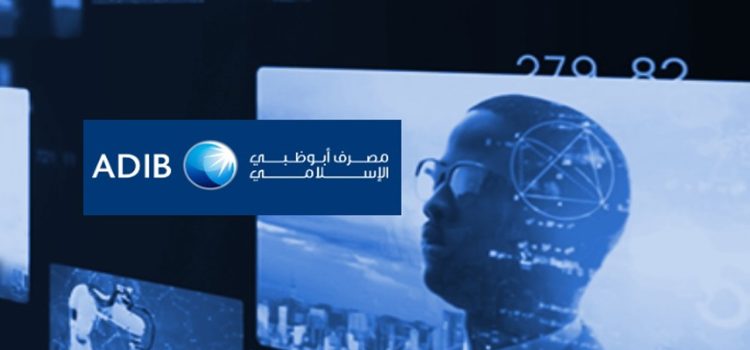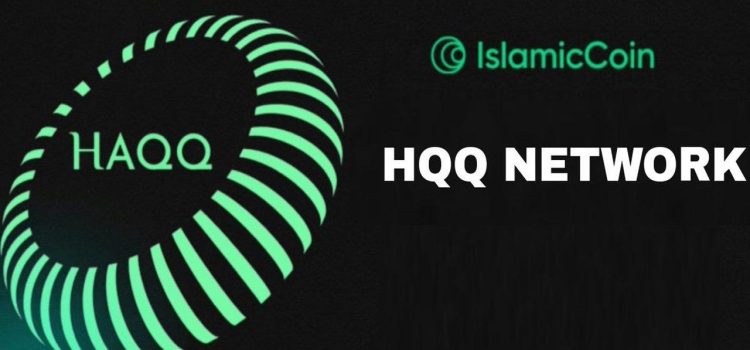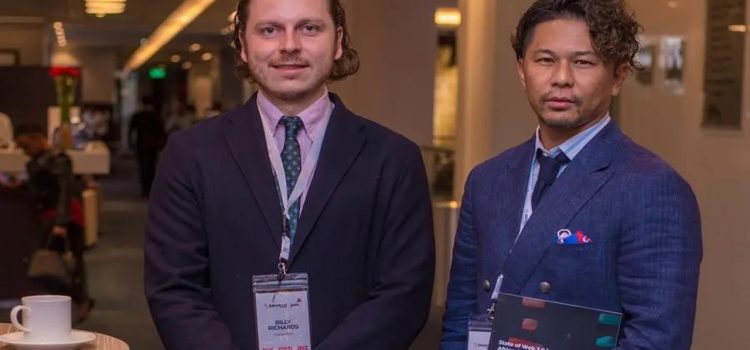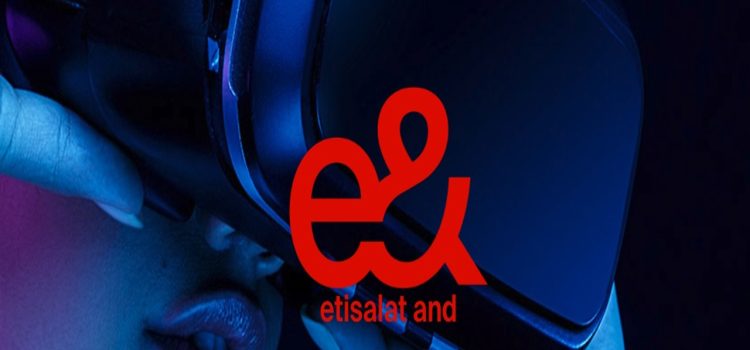For almost a year now, as a blockchain and crypto blogger I have been reading about the Haqq Blockchain network through their press releases, and this has raised doubts about the entity and its activities.
First doubt came with the announcement of the large investment they claim to have raised. First it was $200 million dollars raised in August 2022 in a private sale where none of the HNWI investors were mentioned. Then almost a year later in July 2023, Haqq Blockchain/Islamic Coin announced another $200 million investment, this time stating it was from ABO Digital, a subsidiary of multi-family office Alpha Blue Ocean Group.
Looking closer at this announcement of the $200 million from ABO Digital, the information states, “The latest partnership will entail introducing Islamic Coin to the ABO network of investors and helping the team structure innovative Shariah-compliant financial products that could be used in the digital asset space to raise alternative funding. The deal provides access to a maximum of $200 million as and when required and ensures Islamic Coin has a long and stable runway.”
So the investment is available as and when required and is part of a Shariah compliant financial products offering. In the announcement, ABO Digital CEO Amine Naedjai commented, “ABO Digital is thrilled to collaborate with Islamic Coin as an alternative finance provider. This ambitious project, supported by a stellar team, is revolutionizing the Shariah-compliant market by introducing digitization. We are honored to have been selected as a partner.”
So it is an investment or a partnership to launch a product?
But what is HAQQ Blockchain? It is an EVM-equivalent chain, based on Cosmos SDK. The creators state that its Islamic Coin is a Shariah-compliant, ethics-first Islamic Coin. They also state that the Haqq Blockchain is supervised by the HAQQ Association a Swiss based (non-profit) association funded via donations.
As for their partnership announcements they also have a lot of grandeur words and PR but nothing really practical on the ground. In April 2023, they published a press release announcing what they called a “Significant Partnership for the Global Islamic Market” with London based DDCAP Group. In a closer look it is not a partnership yet, or even an alliance. It is an MOU (Memorandum of Understanding) to explore the “potential opportunities of working together”. Till now August 2023 nothing further on this front has been announced.
Then on August 10th 2023, Islamic Coin Haqq Blockchain announced what they call four significant MOUs with what they call are leading private and government affiliated services in the UAE in immigration, medical wellness and travel industries.
Looking closer at these 4 entities the significance of the MOUs fade. The first entity is MB, Speciality Medical Center, with their website showcasing exactly three doctors. As for 24 Seven Government transactions Center for immigration services, the company doesn’t even have a website and its twitter page has 74 followers!
Still two to go, the IV Wellness Lounge Clinic, is a boutique beauty clinic, and finally Middle East Holiday no information could be found on it!
So in Haqq Blockchain latest press release on these four MOUs where none of the partners are even quoted, the press release states, “MBM Specialty Medical Center, 24 Seven Government Transactions Center, IV Wellness Lounge Clinic and Middle East Holiday, in total serving millions of customers all over the world every year, have joined the Islamic Coin – Haqq partnership network.”
First look at the wording, these 4 entities serve millions of customers all over the world!!! Second they have joined Islamic Coin! It is an MOU when did MOUs become partnerships?
As for the quote in the release, “I am incredibly pleased and honored to be working together with our four incredible new partners. Today, we have brought Islamic Coin to the industries that form the core of everyone’s consumption patterns – from travel to medical care – and we look forward to continuing on the path to adoption, in the Muslim world and beyond,” commented Islamic Coin founder Mohammed AlKaff Al Hashmi.
But let us not stop just there, on reading the white paper, there are no financials, no segmentation of tokens, and no roadmap information.
Finally on the Haqq Network website it showcases 15 partners in its ecosystem of those only five are live! Yet Haqq network states on its website that it has 520,060 mainnet accounts with 10,000 transactions in last 24 hours.
Haqq Blockchain has stated that it will launch its Islamic Coin (ISLM) on the 1st of September 2023 on centralized and decentralized exchanges.
So be ready….. or Not!









